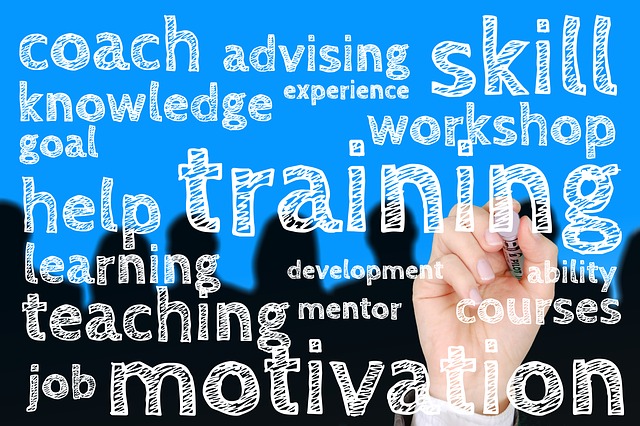Strategies to Maximize Your Professional Success

Especially during the challenges of a global pandemic, it can be difficult to feel professionally successful in your role or career.
Remote work, time management problems, and constant Zoom meetings can deplete feelings of professional success you may have felt while working in-office.
A new survey from The Manifest found that there are several activities that could make employees feel more professionally successful. However, each opportunity is commonly underused by employees. The survey found:
- 15% of employees have a mentor, and 20% serve as a mentor
- About 8% of workers negotiate their salaries
- 23% of employees partake in networking activities
Employees should consider participating in activities known to boost professional success in order to maintain satisfaction with their work. This article will provide three strategies to maximize feelings of professional success in your workplace.
Engage in Office Mentorship Opportunities
Mentorship programs are present at many companies but often underutilized by both potential mentors and mentees. These programs can help boost professional success and growth for both parties, though.
Engaging in a mentorship program as a mentor provides employees with a unique opportunity to demonstrate their training, leadership, and interpersonal skills. In taking on a mentee, mentors develop important soft skills that will help them as they rise through the ranks at the company.
Not to mention, being a mentor and helping new employees become accustomed to a new company and role can be incredibly fulfilling. Providing guidance and recommendations for the new employees will be motivate mentors, contributing to their feelings about their professional success.

Participating in mentorship programs helps acclimate mentees to a new work environment at a faster pace than they would otherwise. Without a mentor, it can be challenging to create strong internal networks and get an understanding for the workplace culture. Especially in a remote working environment.
Mentors accelerate professional success for their mentees by acting as both a peer and a coach. Mentees are liberated in having a point of contact from day one. They know they can direct questions to their mentor without fear of judgement.
Mentorship programs provide new employees with a sense of security as soon as they start their new position, making them feel more comfortable, confident, and professionally successful.
Use Research to Negotiate Pay
Very few employees choose to negotiate their salaries with their manager or employer.
While the thought of having these pay-centric conversations may seem unnerving, thoughtful and well-researched discussions can lead to increases in pay and greater feelings of professional success.
Despite the intimidating nature of salary negotiations, pay is often more negotiable than people assume. Employees that do choose to negotiate their salaries generally earn more money than their colleagues.
However, these conversations have to be approached with tact on the employee’s end. Before entering into negotiations, it’s important that employees understand the average salary for those in similar positions.

Additionally, experts advise researching salaries for similar positions within your area because of regional fluctuations.
This research paired with your personal contributions to the team will show your employers that you understand your worth within the job market. It will also lead to a more productive conversation that will more likely result in the raise you’re aiming for.
Experts also recommend that employees enter the conversation with a collaborative attitude. Salary negotiations can be intimidating for all parties, but your attitude shouldn’t necessarily reflect your nerves. A professional approach will lead to a more successful outcome.
Network, Network, Network
The saying goes, “your network is your net worth.” For many employees, this is far from the truth. Especially during COVID-19, low percentages of employees still actively involve themselves in networking.
However, networking is often essential to professional success and satisfaction. The benefits of stepping outside your immediate circle of connections could have major impacts on your career.
Over time, networking creates a wide variety of business connections and opportunities for workers. If you’re connecting with professionals within your field of expertise, your network may later serve you in finding new employment opportunities.
For those connecting and engaging with those outside of your field, you’ll benefit from surrounding yourself with experienced professionals in various industries.
This diverse group of subject matter experts may be able to assist you with creatively approaching an issues from a new perspective or providing you with insights on the latest trends in their industries.
Networking will make employees feel more professionally successful by creating a system of support that can be relied on throughout an employee’s career, making problem-solving easier and more collaborative.
Engage in Professional Success-Focused Activities
Employees looking for increased feelings of professional success in their roles should start by evaluating their engagement in career-oriented activities.
Mentorship programs create a supportive system and learning environment within a company, allowing for professional growth from both the mentor and mentee.
Negotiating pay raises can be unnerving but offers major benefits if approached from a professional, research-first perspective.
Finally, networking creates business opportunities outsides of one’s position and role that can follow workers throughout their careers.
This guest post was authored by Sydney Wess

Sydney is a content writer and editor at The Manifest. Her expertise includes writing about business trends and challenges.

